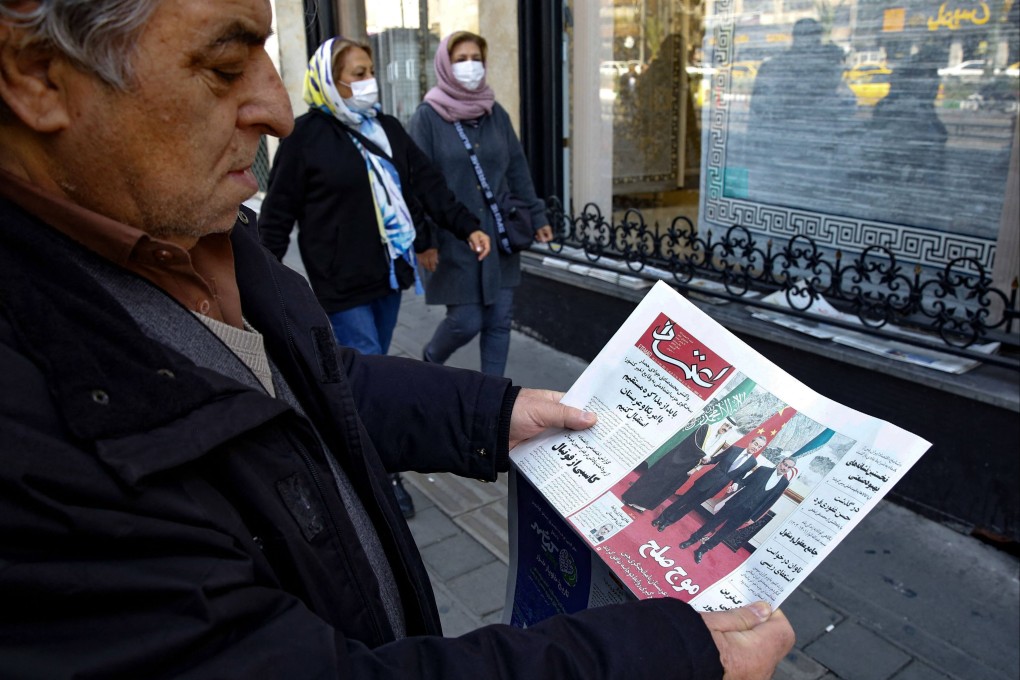Advertisement
Opinion | Will fledgling peace augured by Saudi-Iran deal be allowed to grow?
- The China-brokered deal has provoked anxiety in some quarters over Beijing’s growing clout
- However, the principles on which the deal was grounded are international norms, which Asean has been prioritising for years with success
Reading Time:4 minutes
Why you can trust SCMP
7

The budding reset in Saudi-Iranian ties brokered by China has all the makings of a game changer reverberating beyond Riyadh and Tehran. Positive momentum can grow and spread as much as negativity. But will a positive trend for peace be allowed to develop?
Advertisement
Objectively, reduced tensions – if not also growing regional solidarity – are surely constructive. Having suffered secondary conflict or proxy wars from Saudi-Iranian tensions, Iraq, Lebanon, Syria and Yemen would appreciate improving relations between Riyadh and Tehran.
After discussions that adhered to the United Nations and Organisation of Islamic Cooperation charters, Iran and Saudi Arabia agreed to resume diplomatic relations and to reopening their embassies by May. They pledged non-interference in each other’s internal affairs, a principle China endorses. Crucially, they will also revive the security cooperation agreement signed in 2001.
However, in some third or fourth countries’ strategic calculations, peace between the Gulf region’s leading Sunni- and Shiite-majority nations is not a positive development. Self-interest makes them see themselves as losers for being crowded out.
Israel is probably disturbed that national and sectarian identities may now cease to divide Muslim nations in its neighbourhood. Its hopes of nurturing ties with Saudi Arabia to isolate Iran further have been dashed.
Advertisement
Officially, the United States says it welcomes any reduction in regional tensions. Still, Washington’s efforts to forge an Israeli-Saudi reset must now take a back seat at best.

Advertisement
